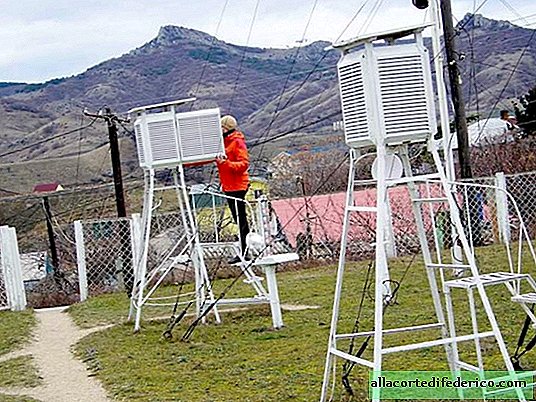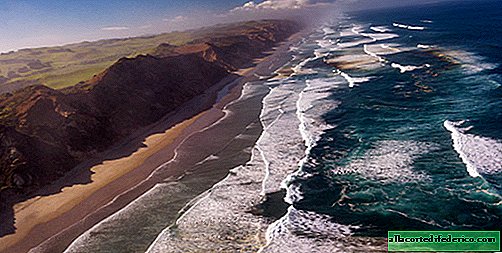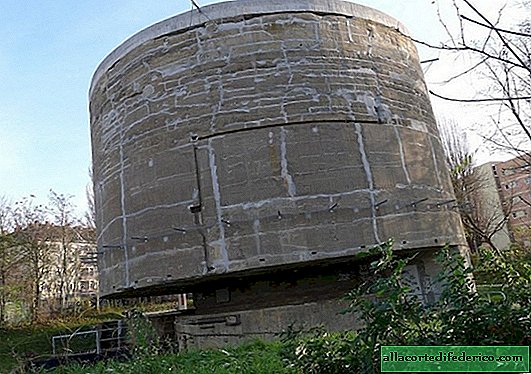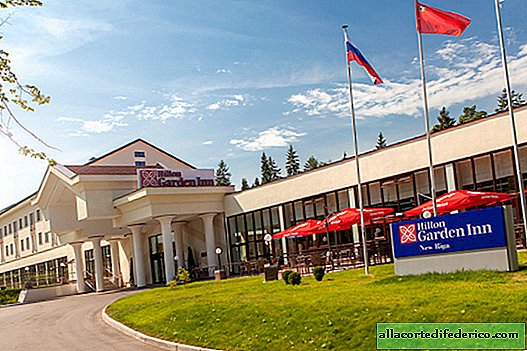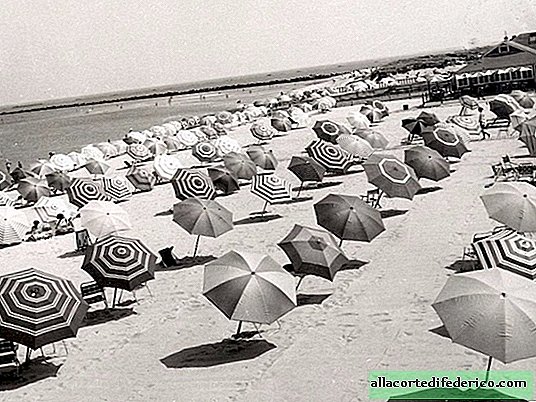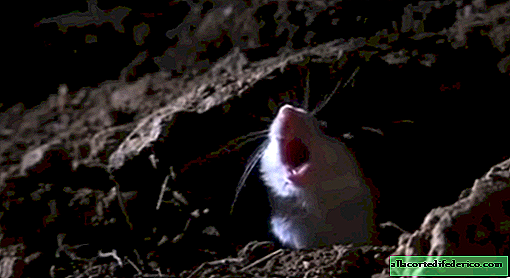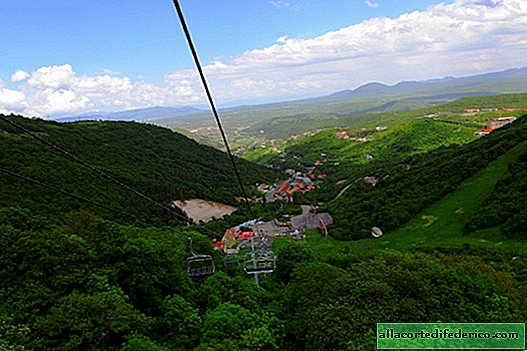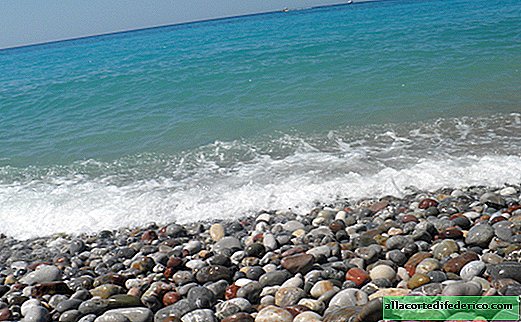Urban Organics Complex: A Unique City Vegetable and Fish Farm
Modern megacities need a huge amount of food, but are deprived of the opportunity to produce them. The vast majority of primary crop and livestock production consumed by residents of large cities is imported from the province or exported from other countries. This leads to significant transport costs and does not always have a good effect on products with a minimum shelf life. The authors of the Urban Organics concept propose changing this situation for the better by creating food production complexes in the cities themselves.
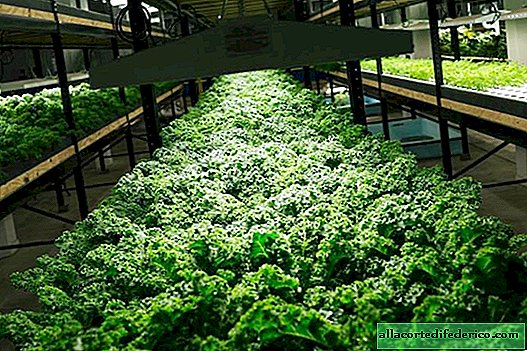
The company's specialists are sure that to create a highly productive farm for growing fresh herbs and vegetables, a small space connected to a common power grid is enough. Similar farms operating in test mode already exist in several countries around the world. Urban Organics also moved from words to deeds and created several minifarm in the United States. The highlight of these green industries in the middle of the stone jungle is the combination of plant and fish products.

One of the Urban Organics complexes, which is located in the former production facility, annually produces more than 200,000 kilograms of cabbage, leafy vegetables and seasonings, as well as more than 120,000 kilograms of fish products. The water cycle in this unique production is closed: the water, which contains mainly salmon, flows to the plants. After passing through the vegetable block, the water is purified from various impurities and fertilizes the plants, and then returns to the pools with fish, enriched with organic matter from the ground. Thanks to this unique technology, it is possible not only to minimize water costs, but also to obtain a significant amount of fresh produce that is produced directly within the city.


